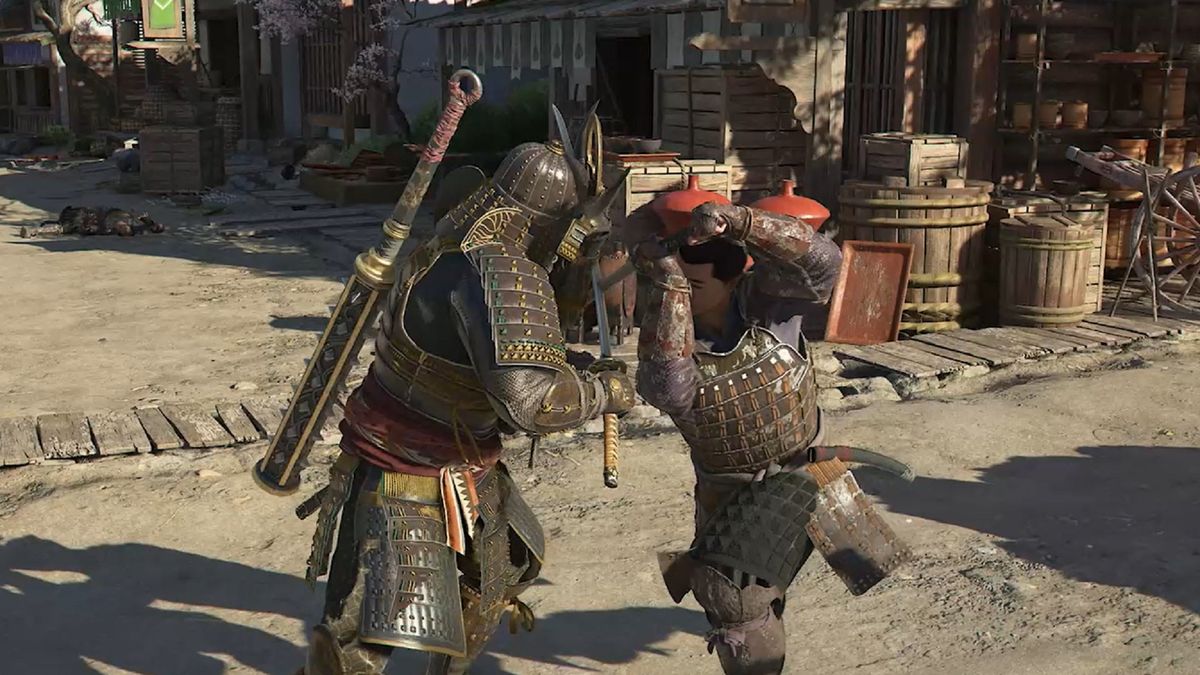Contrary to online speculation and reports, Assassin’s Creed Shadows is not the subject of heated debate among the Japanese government.
Sankei reports that NHK Party representative Satoshi Hamada formally asked Japanese government ministries to comment on Assassin’s Creed Shadows. Hamada reportedly cited concerns over historical inaccuracies featured in the new Ubisoft game.
Responding, the Japanese foreign ministry said it simply wasn’t their concern, while the education ministry offered a boilerplate response to Hamada, saying that a game shouldn’t violate “public order and morals.” The education ministry statement further read that “careful handling is required if there are suspicions of content that violates public order and morals.”
While some considered the exchange a big deal, Kanda University of International Studies lecturer Jeffrey J. Hall points out on Twitter that questions like Hamada’s are more often performative than not. What’s more, the NHK Party is so small it’s virtually insignificant in the grand scheme of Japanese politics – the group’s status as a political party was revoked earlier this year in January when the Otsu wing of the National Diet expelled two members.
The Japanese education ministry’s response is being viewed as something major when in reality, it pertains to game releases that feature excessive violence or nudity, as per Hall. This line of thought saw Dead Space banned from release in Japan, for example, or, more recently, The Callisto Protocol denied permission to release back in late 2022.
Therefore, the Japanese education ministry likely isn’t investigating Assassin’s Creed Shadows anytime soon because it simply has no precedent for doing so, while the wider Japanese government has shown no interest whatsoever in entertaining Representative Hadama’s questions.
Ubisoft just recently apologized for causing concern among Assassin’s Creed Shadows’ Japanese fans, writing that the game was continually evolving to perfect inaccuracies like flags and architecture up until launch. It also wrote that whether protagonist Yasuke was a samurai was open to debate, despite multiple Japanese scholars insisting that he very much was a samurai.











